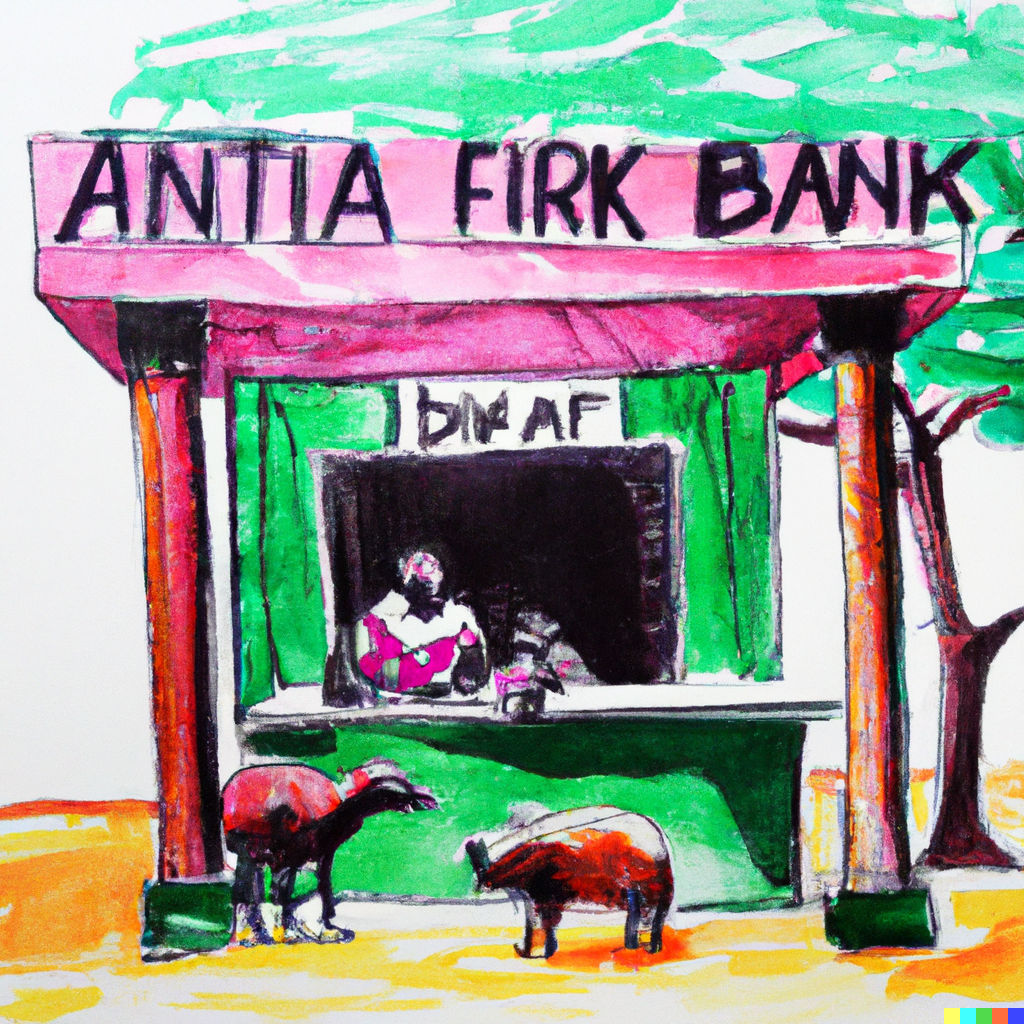Banking as a Service: Transforming the Financial Landscape

Traditional banking models are undergoing significant transformations to meet the ever-increasing demands of consumers and businesses. One such innovative concept that is revolutionizing the financial industry is Banking as a Service (BaaS). BaaS enables non-bank entities to offer financial services by leveraging the infrastructure and capabilities of traditional banks. This blog explores the concept of BaaS, its benefits, and its potential impact on the future of banking.
Understanding Banking as a Service
Banking as a Service is a cloud-based model that allows fintech companies, startups, and other non-banking entities to provide a range of financial services to their customers. By partnering with traditional banks, these entities can access the necessary banking infrastructure, including licenses, compliance frameworks, and technological systems, without having to build them from scratch.
Benefits of BaaS
Accelerated Time-to-Market: BaaS eliminates the need for extensive regulatory and compliance processes, allowing non-bank entities to quickly launch and offer financial services to their customers.
Cost Efficiency: By leveraging existing banking infrastructure, BaaS reduces the costs associated with building and maintaining banking systems, licenses, and compliance frameworks. This enables non-bank entities to focus their resources on enhancing customer experiences and developing innovative solutions.
Enhanced Customer Experiences: BaaS empowers businesses to integrate banking services seamlessly into their existing products or platforms, providing customers with a more holistic and convenient experience. This integration can range from offering digital wallets, payments, and lending services to customized financial solutions tailored to specific industries or user segments.
Innovation and Collaboration: BaaS fosters collaboration between traditional banks and fintech firms, enabling the exchange of expertise and resources. This collaboration drives innovation, leading to the development of new financial products and services that meet the evolving needs of consumers and businesses.
The Impact of BaaS on the Future of Banking
Banking as a Service has the potential to reshape the financial landscape in several ways:
Democratizing Financial Services: BaaS allows smaller businesses and startups to enter the financial services industry, promoting competition and offering consumers more choice. This increased competition can drive innovation and result in more customer-centric solutions.
Open Banking Ecosystem: BaaS is closely related to the concept of open banking, where data is securely shared between different financial institutions and third-party providers. This fosters collaboration and encourages the development of new financial applications, ultimately benefiting consumers with personalized services and improved access to financial products.
Global Expansion: BaaS has the potential to enable financial institutions to expand their services across geographical borders with ease. This can unlock new markets and opportunities for both banks and non-bank entities, ultimately driving economic growth and financial inclusion.
Banking as a Service is reshaping the financial industry by providing an agile and collaborative approach to delivering financial services. As more businesses leverage this model, we can expect increased innovation, improved customer experiences, and a more inclusive and interconnected global banking ecosystem. Embracing BaaS can unlock endless possibilities for the future of banking.

